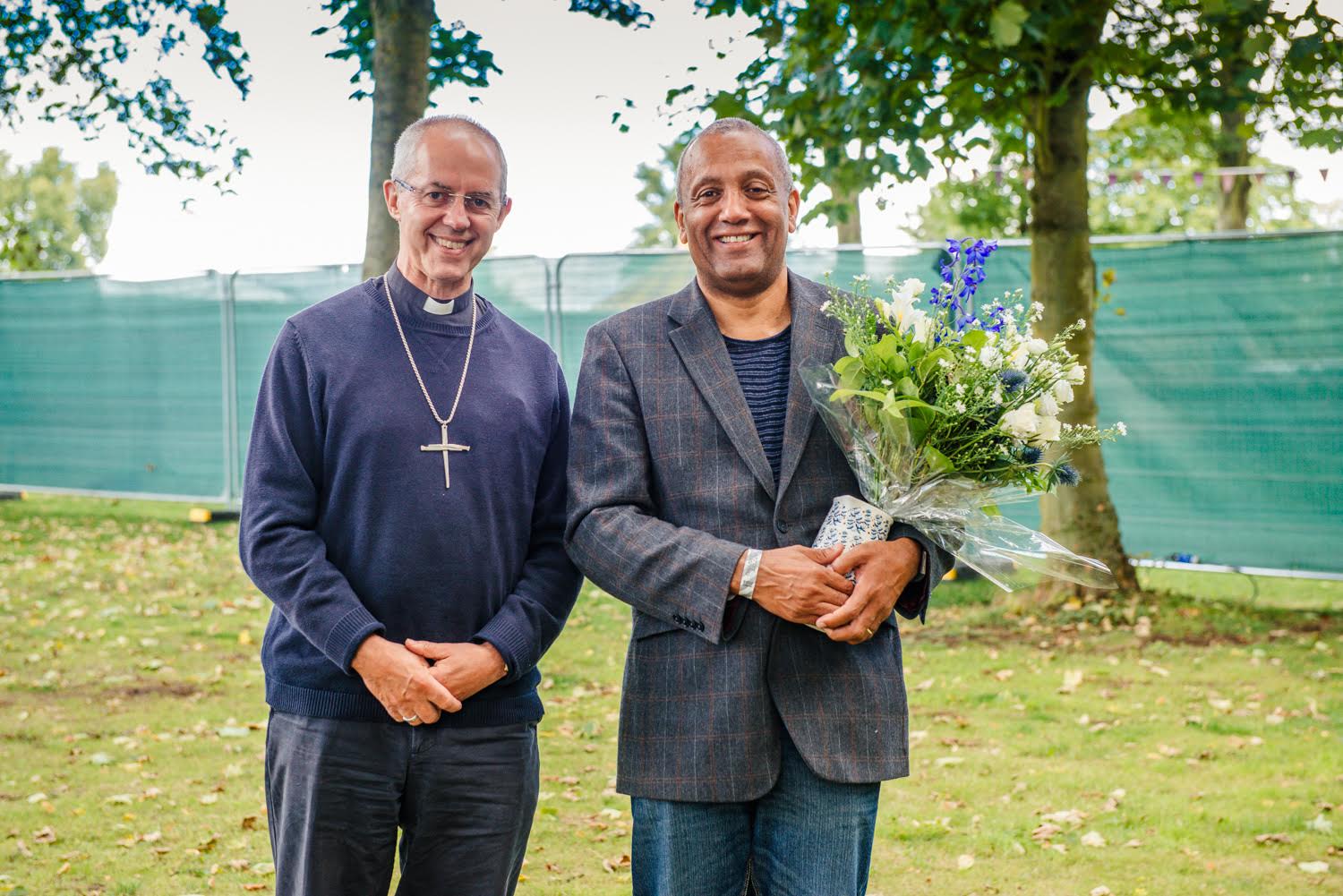What happens to our faith when we can’t remember?

Psalm 77:11 says, “I will remember the deeds of the Lord; yes, I will remember your miracles of long ago.” But what happens to our faith when we can’t remember?
The care and support of people living with dementia is one of the key medical, social and spiritual issues of our day.
According to the World Health organisation, more than 55 million people currently live with dementia worldwide, and there are nearly 10 million new cases every year.
While most of the focus and the majority of funding goes into the thus far elusive search for cure, the most pressing need within society is for authentic understanding and effective communal care.
The work of University of Aberdeen theologian Professor John Swinton has succeeded in the re-framing of dementia as part of the spiritual life of the community, leading to significant changes in local government, caring agencies, third sector organisations, dementia care providers and religious communities in both the United Kingdom and internationally.
Dementia: Living in the Memories of God
Dementia is an umbrella term for a group of illnesses which often have similar symptoms, including Alzheimer’s and vascular dementia.
Dementia is a syndrome – usually of a chronic or progressive nature – that leads to deterioration in cognitive function - the ability to process thought - beyond what might be expected from the usual consequences of biological ageing.
It affects memory, thinking, orientation, comprehension, calculation, learning capacity, language, and judgement. Consciousness is not affected. The impairment in cognitive function is commonly accompanied, and occasionally preceded, by changes in mood, emotional control, behaviour, or motivation.
Dementia is currently the seventh leading cause of death among all diseases and one of the major causes of disability and dependency among older people worldwide.
It has physical, psychological, social and economic impacts, not only for people living with dementia, but also for their carers, families and society at large.
There is often a lack of awareness and understanding of dementia, resulting in stigmatization and barriers to diagnosis and care.
Swinton says: “Dementia is of course all of these things. But above all else and most importantly, it is a meaningful human experience that occurs in the lives of people who seek to live well and find dignity and hope even the midst of the difficulties. It is when we forget that, that stigma and caricatures begin to creep in.”
In his award-winning book, ‘Dementia: Living in the Memories of God’, Swinton, who previously worked as a mental health nurse and as a hospital chaplain, uses practical theology to reframe and reconceive the nature of dementia itself and offers innovative proposals regarding our understanding and care for people living with this condition.
He asserts the need for an approach based in respect and dignity, arguing that our cultural discourse about dementia has been framed in a reductive and profoundly negative way, concentrating almost exclusively upon the condition as a biological disease marked by neurological decline and the loss of the self.
The book fundamentally challenges this assumption. It argues that dementia must properly be conceived and confronted as a social, cultural and spiritual phenomenon rather than merely as a narrowly biological one.
Swinton proposes that the fundamental questions of identity, memory, hope, and knowledge of God raised by our experience of dementia are, in reality, questions whose very nature and significance can only be pursued in a properly social register—in ways that take seriously how the experience of dementia occurs in and through interpersonal relationships, rather than as something that ‘happens’ only within the confines of an individual brain.
With specific reference to the Christian community, the book argues that this involves reconceiving of human identity and personhood as realities that are fundamentally grounded in God’s memory rather than merely preserved by the fragility of human memory as such.
In this way, Swinton redefines dementia in a specifically theological light, drawing its experience into contact with the story of the Christian gospel wherein believers discover their identities as they relate to one another but also to God, rather than achieving and sustaining them only on the basis of what they can or cannot remember or can and cannot do.



The Archbishop of Canterbury, Justin Welby:
"John has written a book which is deeply challenging and brings to bear a coherent theological approach, with clinical background and understanding, to an issue that has touched many of us, and is one of the great issues of our society. He has done the church and our country a huge service."

The Purple Bicycle Project
Through an initiative known as the ‘The Purple Bicycle Project’ (PBP) Swinton, supported by £65,000 of funding from an AHRC follow-on grant, explored how the ideas developed in his monograph could be put into action within the context of advanced dementia.
A six-step process was developed to help vulnerable elderly people living in residential settings to feel they belong.
The Purple Bicycle Project brought together caring practices that are often found individually within organisations that care for older people. Its unique contribution is that these practices are presented as a linked and coherent expression of care and concern for the spiritual lives of people with dementia.
It created a structured resource in which a series of questions are followed up with steps or actions with the intention that the journey through these supports the person with dementia, the staff and the relatives in finding ways of communicating and supporting which are sustainable and enjoyable for all.
A picture is formed through gathering appropriate people to engage in storytelling and making a spiritual map from which an action plan is developed and followed through.
Following a successful pilot, a Scotland-wide project was undertaken in 2019 by a consortium of four organisations, Faith in Older People, Aberdeen University, Mowat Research, and Simon Jaquet Consultancy Services Ltd, to introduce and apply the PBP process to provide spiritual care in care homes.
The project delivered and tested the PBP to various care homes across Scotland.
Following this delivery, a report assessing this provision and its impact was published and disseminated to 900 individuals and organisations to inform and influence subsequent policy and practice around spiritual care provision, changing practice to include spiritual care provision holistically alongside other dementia care.
These changes in dementia provision in the area of spiritual care, resulting from Swinton’s research through this project, have been rolled out as a result across care homes in Scotland and beyond, impacting provision in care of those with dementia.


HammondCare
As a direct result of his research, Swinton was invited to work alongside HammondCare, a major care provider in Sydney Australia, which provides innovative care for people living with dementia.
Swinton undertook a nine-month residential role with the provider in Sydney where he worked to explore the implications of his research for the organisation, including impactful changes to and reform of the management policy, practice, and organisational culture of HammondCare.
His involvement led to changes in their main policy document, Future Directions-2018-2022, which included theological perspectives that were not overtly incorporated previously, accounting for the spiritual dimensions of patients.
The organisation also introduced pastoral and spiritual care guidelines which relate to all care staff. These were developed by Swinton as previously there were no formal guidelines for understandings of spirituality and the principles that lie behind practices.

Impact:
- The Purple Bicycle Project has trained people across a wide range of organisations in the practices and in new ways of understanding and acting upon the spiritual needs of people with dementia.
- The research has had a clear impact on health and social care practice nationally and internationally
- New Spiritual Capital among Churches, Care Providers and Religious Communities -since the publication of the research, Swinton has given over 150 lectures on issues around dementia and dementia care in the UK, Sweden, France, Switzerland, Canada, USA, Australia and New Zealand, reaching c. 8-10,000 with his research
